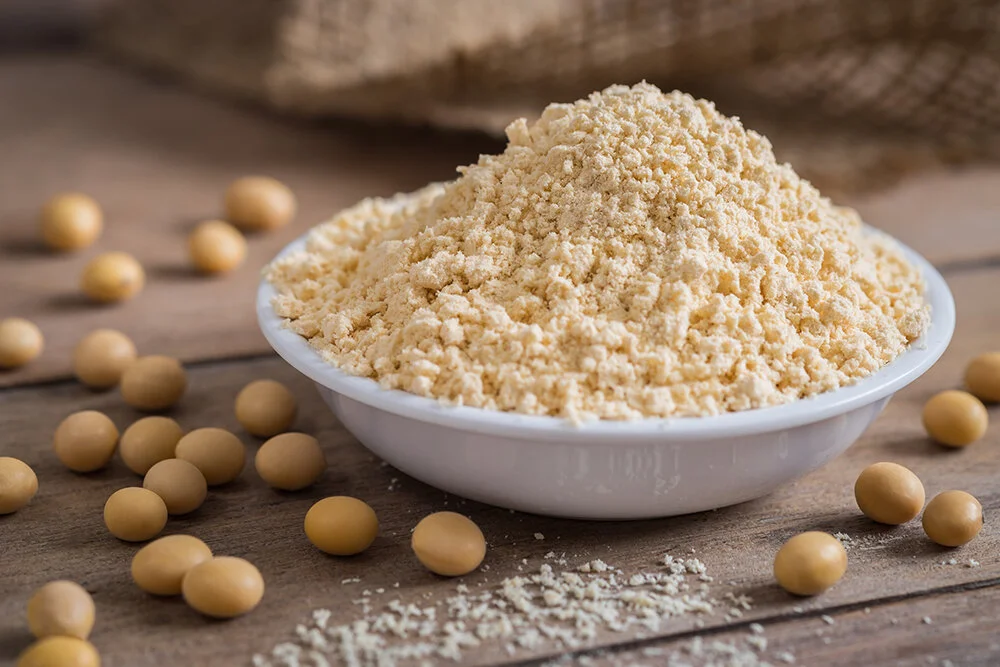The Power of Soybean Meal for Insulin-Resistant Horses
High-Quality Protein for Healing Damaged Hooves
Soybean meal is an excellent source of high-quality protein, which is crucial for healing damaged hooves in horses that have suffered from laminitis. Among plant-based protein supplements, soybean meal stands out for its superior protein content and high levels of lysine. For instance, soybean meal is 44% protein, compared to lupins at 35% and sugar beet at 8.6%.
The Importance of Amino Acids
However, it's the amino acids that truly matter. A deficiency in any single amino acid can limit tissue repair and growth. Think of tissue building like baking a cake: each tissue, like each cake, has its own recipe. If you're making a chocolate cake (the best sort of cake!) and run out of cocoa, it doesn't matter how much butter, sugar, or eggs you have—you can't make a chocolate cake. In horses, lysine, methionine, and threonine are essential for cell repair and building. Without enough of these amino acids, cell repair and production halt.
The Wine Barrel Analogy
Alternatively, consider a wine barrel: the shortest plank sets the limit on how much wine the barrel can hold. Similarly, a deficiency in an essential amino acid limits how much protein the body can build. Soybean meal provides nearly 34 grams of lysine, around 7 grams of methionine, and 19 grams of threonine per kilogram. In comparison, lupins offer 16 grams of lysine, 3 grams of methionine, and 13 grams of threonine per kilogram, while sugar beet provides approximately 4-5 grams of lysine, 0.8 grams of methionine, and 4 grams of threonine per kilogram.
Benefits for Horses with Laminitis
For horses with laminitis, soybean meal is particularly beneficial. Starch and sugar from any source can be dangerous for horses at risk of or suffering from laminitis. Feeds with less than 15% sugar and starch are recommended. Soybean meal contains approximately 12% sugar and starch combined and has a low glycemic index.
Bioactive Compounds and Insulin Resistance
Moreover, soybean meal is rich in bioactive compounds that reduce insulin resistance, support beneficial gut bacteria, and suppress the growth of pathogenic bacteria in humans and other animals. It contains antioxidants, isoflavones, quercetins, and galactooligosaccharides (one of the most potent prebiotics) that improve insulin sensitivity.
Research and Controversies
While some research suggests a potential negative effect of soy on insulin responses and plasma adiponectin, this was observed in male monkeys. The relevance to equine laminitis, insulin resistance, or Equine Metabolic Syndrome (EMS) remains questionable.
Read the study here: https://www.ncbi.nlm.nih.gov/pmc/articles/PMC2570347/pdf/nihms57023.pdf
Dr Jennifer Stewart
BVSc BSc PhD Equine Veterinarian and Consultant Nutritionist




